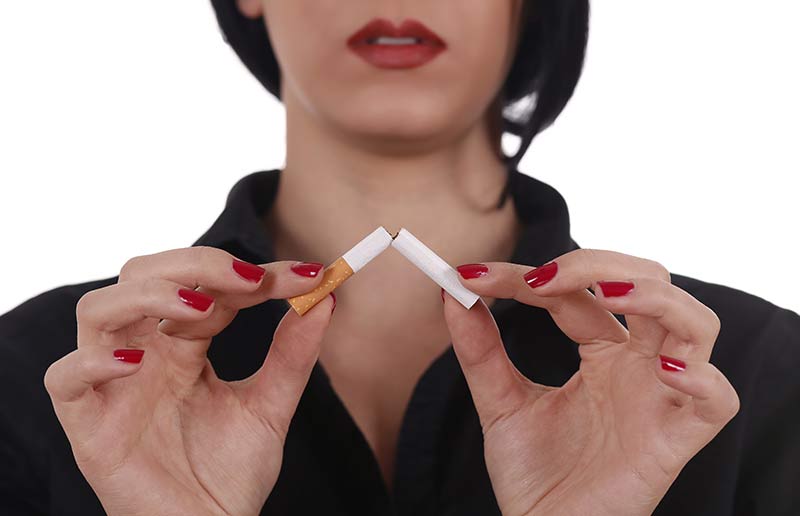What causes disc herniations and how can I prevent it?
What causes disc herniations and how can I prevent it?
In our spine practice, I am often the first person to talk with patients about their orthopaedic and spine problems during the course of their visit. Through our educational website and during consultations, Dr. Shim has presented a wealth of information on how we manage and treat disc herniations. As an allied health professional who works with Dr. Shim, I spend a fair amount of time educating patients about Dr.Shim’s recommendations and findings. The big question I am often asked is “what caused my disc herniation”?
In simplest form, the disc is essentially the shock absorber for your spine. The disc is composed largely of water and proteins. As we age the water content decreases (“desiccation”) and the protein responsible for the structural integrity, elastin, chemically changes. The true causes for some of these changes is not well understood. The disc loses its elasticity and cannot tolerate the same type of loads in mid and later life than it once could. When there is increased pressure on the disc (such as with bending, coughing, and heavy physical activity), the center core (“nucleus”) can get pushed toward the outer margins of the disc. As the disc loses its elasticity, its ability to keep the nucleus contained decreases and may result in the jelly like nucleus being pushed out of the disc. Some refer to this as a “slipped disc”. In other words, a herniated disc.
Disc herniations in the lumbar spine (low back) are much more common than those in the cervical spine (neck). Disc herniations can develop for a number of reasons with the most common described above. In the case of normal wear and tear, repetitive loading on a disc that is aging can result in a herniation. Keep in mind that not all disc herniations cause pain or symptoms!
As many also suspect, a sudden traumatic accident can also cause a disc herniation. Car accidents and falls can lead to one or more disc herniations.
In general, we know that there are a numerous activities which can cause increased pressure on the spine and therefore raise the risk of a disc herniation:
- Frequent, repetitive lifting
- Smoking
- Excessive body-weight / Obesity
- Bending or working in awkward positions
- Prolonged sitting
- Accidents / Injuries
- Coughing / Sneezing
Based on what I have discussed here, I think most would agree that it is nearly impossible to truly PREVENT a disc herniation. There are some factors that we can control and some we cannot. Knowing what you can do to help yourself and MINIMIZE your risks for a disc herniation is the key.
Last modified: March 8, 2018










